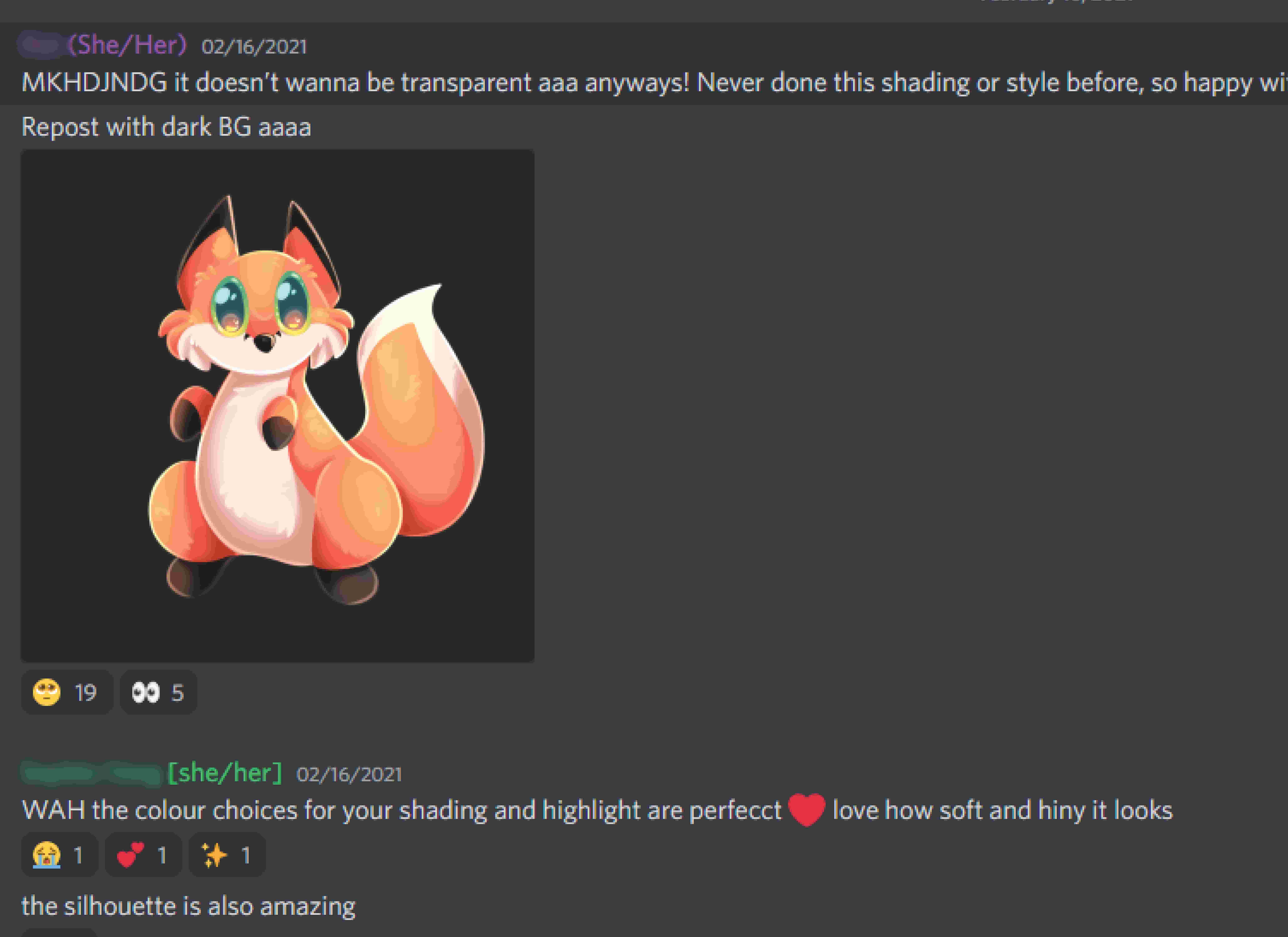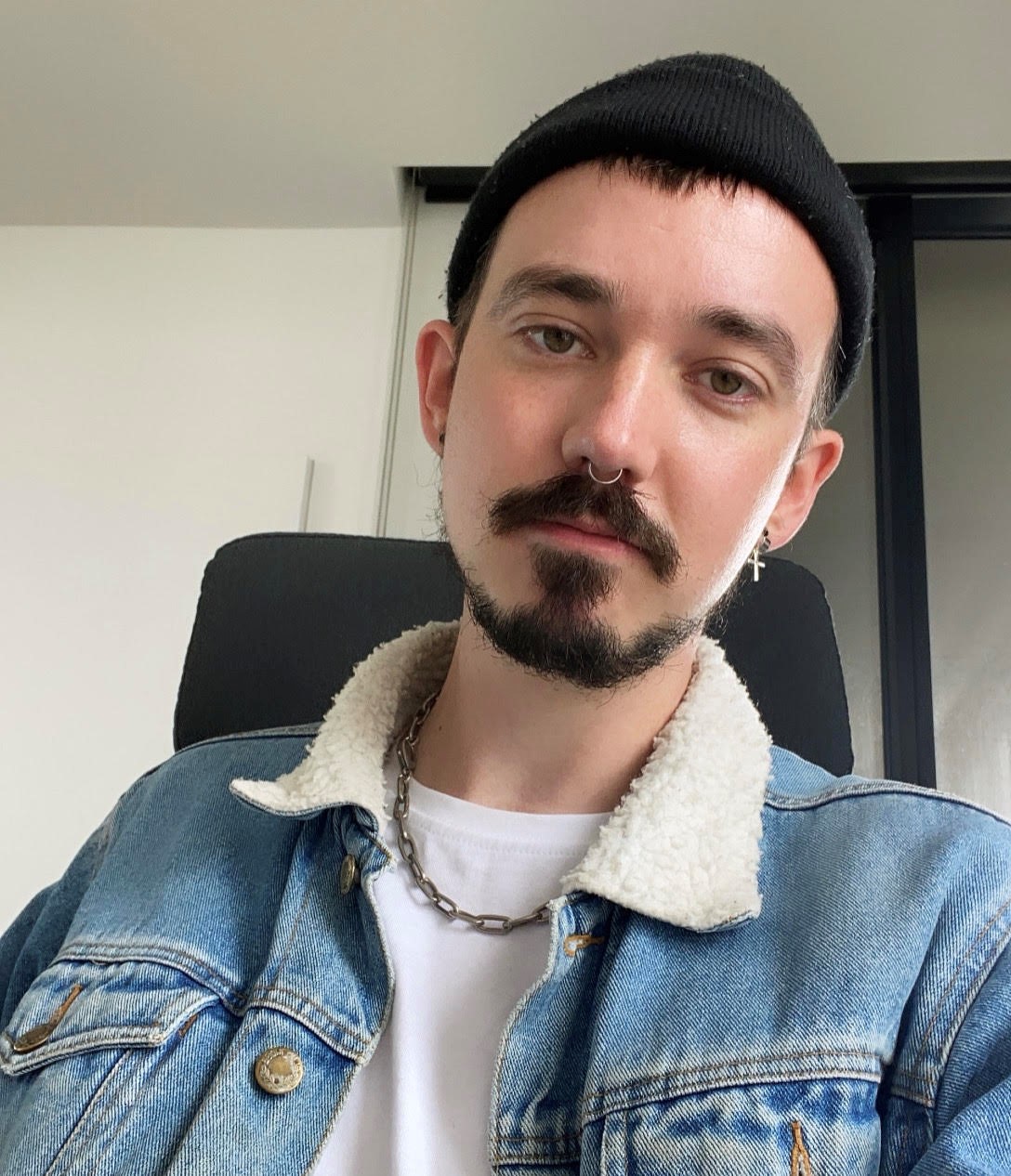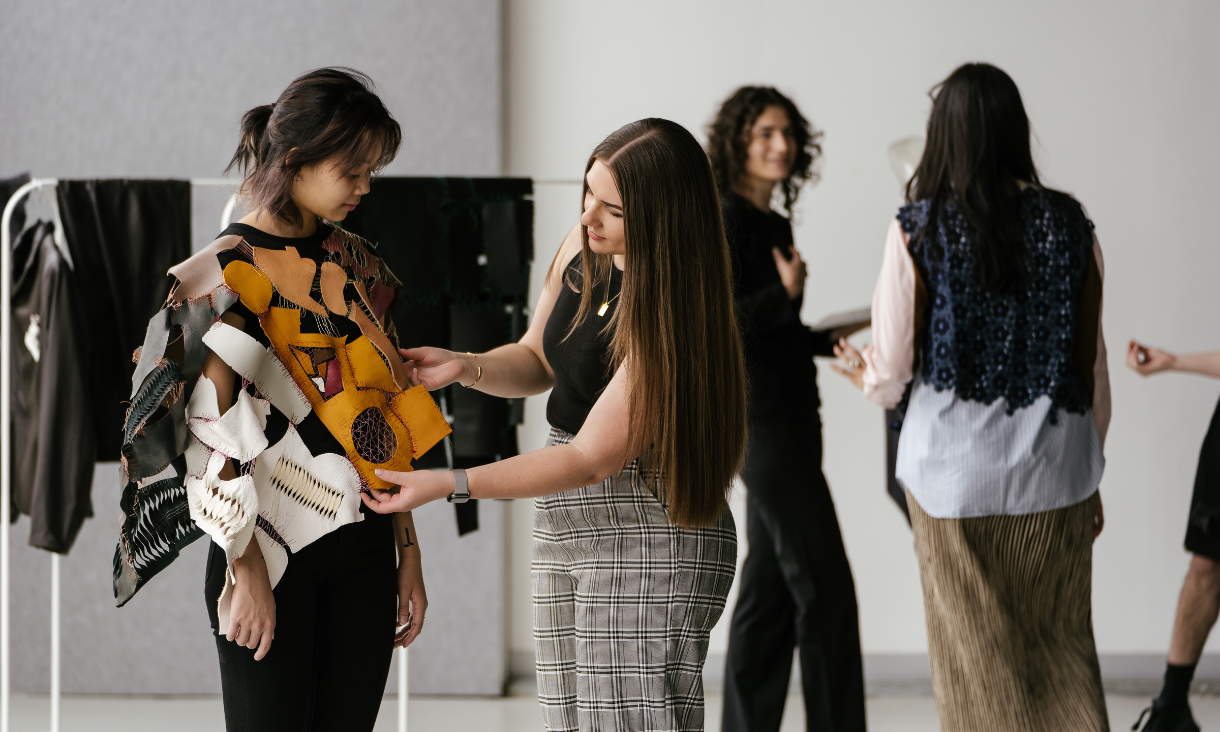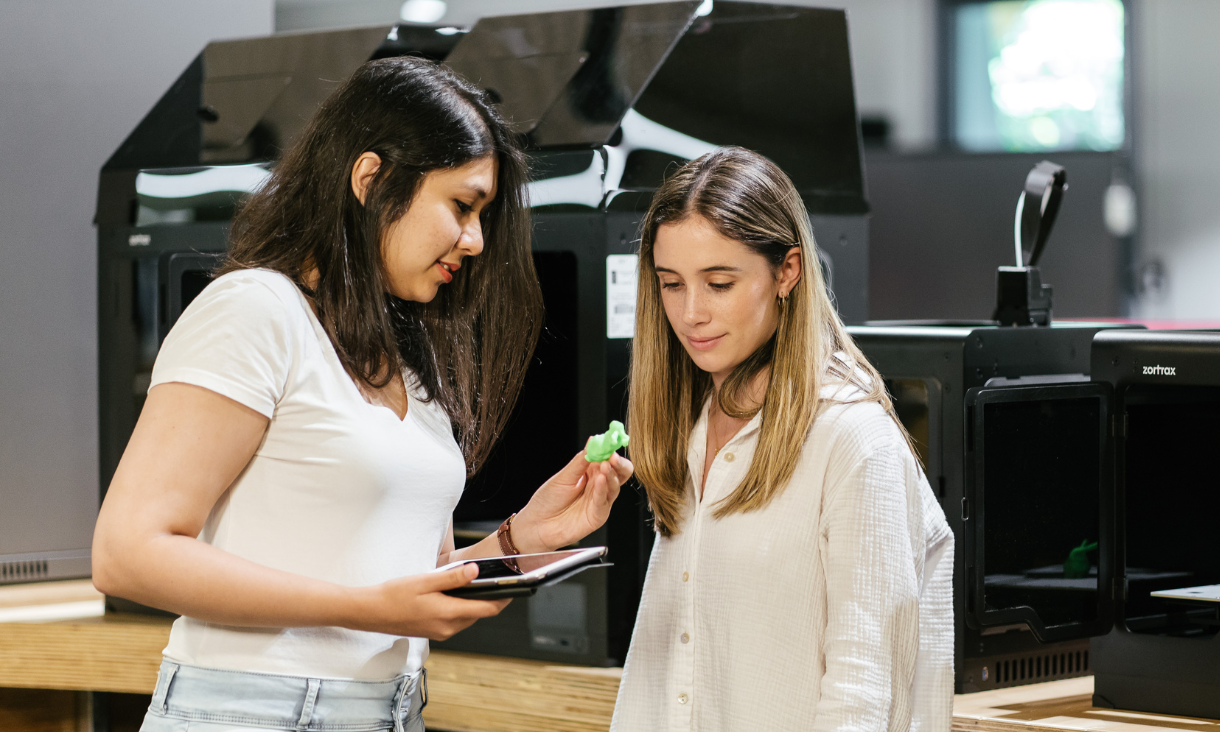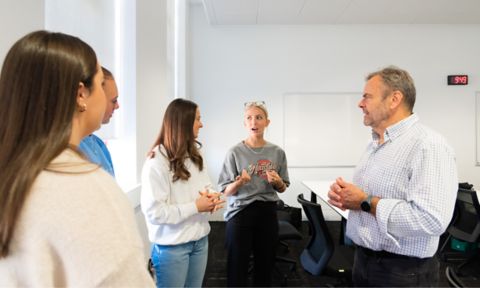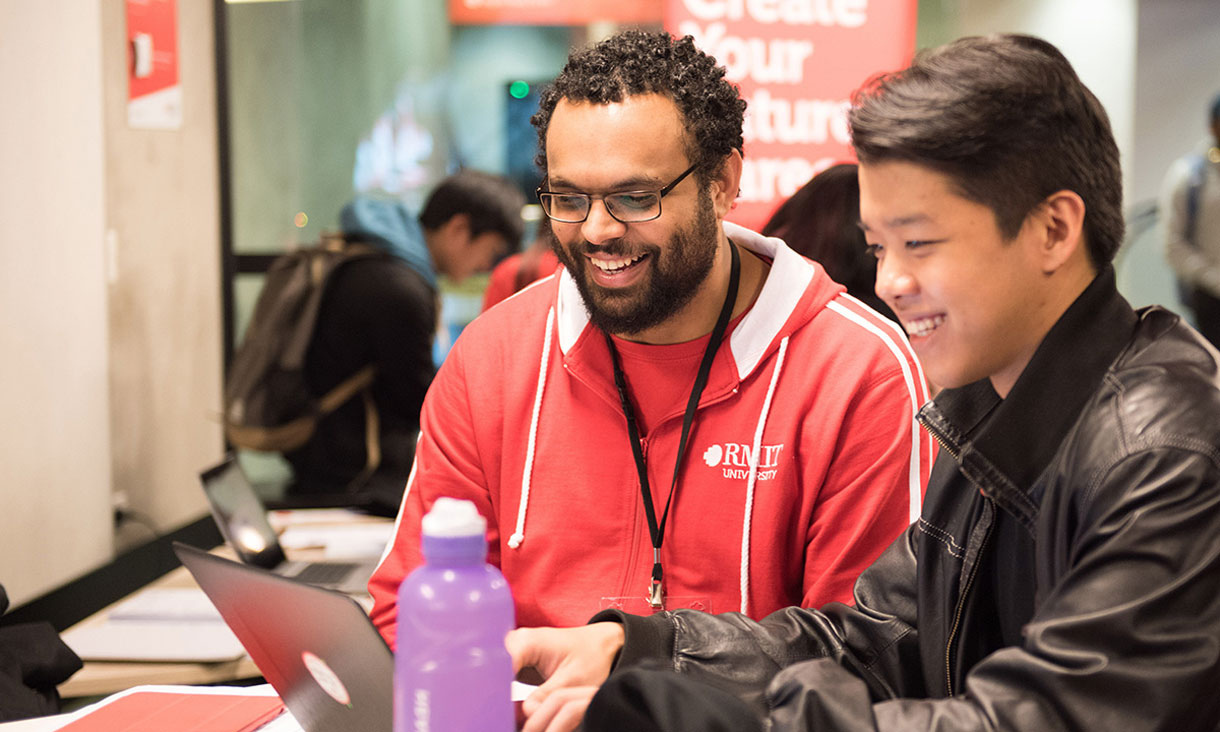Tom was conscious of balancing a strong educator presence on the Discord channel without influencing the student engagement that was happening organically, limiting his involvement to general announcements, helping students problem solve and moderation.
While joining the Discord server wasn’t a compulsory part of the course, it became an important two-way communication channel for students who were receiving a lot of information from multiple digital sources during the pandemic and for educators to get immediate information from students en-masse.
It was an effective way to bring the community and studio-element back into the course through a different medium.
Discord became an analogy as a persistent studio space for students.
With up to 25% of his course cohort being made up of international students, Discord had the added benefit of helping these students establish a sense of connection to their peers, their educators and their course even while they were studying overseas.
One important channel was the ‘introduce-yourself' channel where new students had a chance to post a picture about themselves and their work. Tom says this channel was particularly important for international students like Alysha Nizuaisham as it gave them a chance to meet others before their first year began and helped to generate some peer networks early in the online-only year.
For Alysha, a Malaysian student studying outside of Australia at the time of the course, the Discord channel was crucial for being able to connect with classmates and having a positive learning experience at RMIT. Having the Discord channel as part of her course meant that she was able to form “a tight connection” with her peers. This connection helped facilitate her transition to coming back to Australia to study again.
Having that Discord made me really close with people here. When I arrived in Melbourne, one of the friends that I made through that Discord channel came and picked me up at the airport. I felt extremely welcomed.
Tom describes the use of Discord as a great success in providing an open, one-stop community environment, that allowed for collaborations and developing peer networks. While many of the Game Design educators are continuing to use Discord in their individual courses, Tom sees being able to maintain the same level of community management on top of face-to-face teaching being an ongoing challenge. Tom plans to adopt a “paired-back version” of the Discord channels as part of his blended learning approach as he believes it is an important part of their course offering.
“Game Design at RMIT is known for producing excellent collaborators, open-minded and diverse team-thinkers, particularly because of the individual care we put into cultural issues around games and caring for our students. And we were able to continue that level of support through COVID-19 using the Discord channels.”
Melbourne International Student Week is running from 7 May to 13 May and is supported by Study Melbourne, City of Melbourne and Jobs Victoria, and is an initiative of the Committee for Melbourne’s Future Focus Group Program. See how RMIT is celebrating our international students in RMIT News.
Read more about Alysha’s story returning to studying in Melbourne on the RMIT Student website.
Story by: Kelsie Kruse

